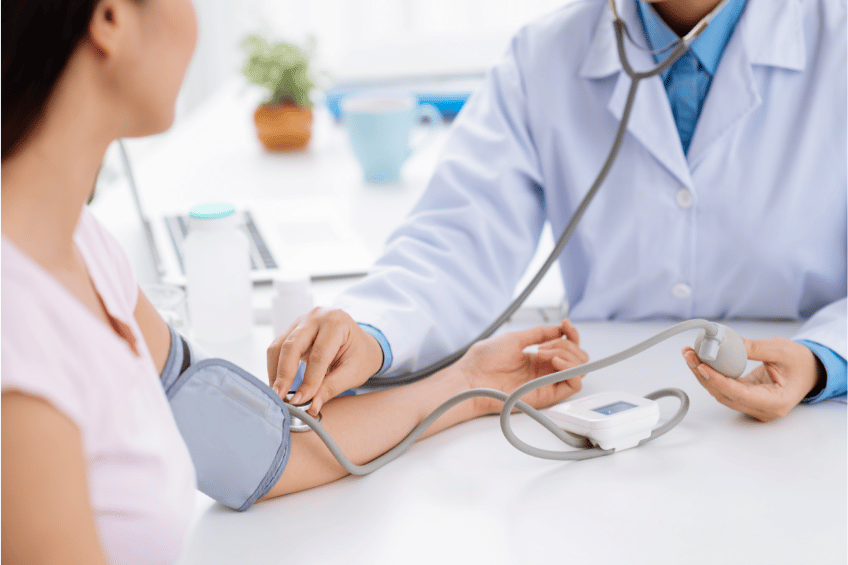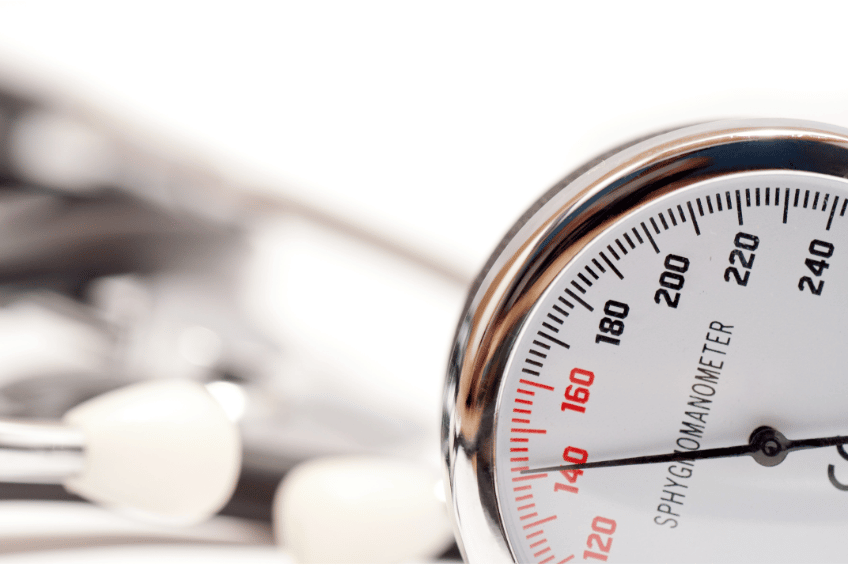High Blood Pressure. What is it?
Blood pressure is the measure of the force of blood pushing against the artery walls as it flows through the body. One of the most frequent pathologies connected with blood pressure today is high blood pressure. This condition is called hypertension and it’s the most common complaint connected to the cardiovascular system. Despite the fact that it’s commonly associated with adults over 40, children and teenagers may also have this ailment. It can easily go unnoticed for years, becoming more dangerous as time goes by.
Risks Of High Blood Pressure
When blood pressure is too high, it puts extra strain on the blood vessels, heart and other organs such as the brain, eyes, kidneys or liver. Persistent high blood pressure can increase the risk of a number of serious and potentially life-threatening health conditions such as:
- stroke;
- heart failure;
- peripheral arterial disease;
- aortic aneurysms;
- kidney disease;
- vascular dementia.
Even slightly reducing hypertension can help lower the risk of these health conditions. The severity of the development and possible further sequelae and consequences of this medical problem depend on the type of hypertension.

Classification Of Hypertension
The Eighth Report of the Joint National Committee of United States of America on Prevention, Detection, Evaluation and Treatment of High Blood Pressure, as well as the World Health Organization and International Society of Hypertension’s guidelines have defined hypertension to be 140/90, though risk appears to increase even above 120/80.
There are five main stages of blood pressure:
- normal (less than 120/80);
- pre hypertension (120-139/80-89);
- hypertension stage I (140-159/90-99);
- hypertension stage II (160 or higher/ 100 or higher);
- hypertension stage III, also known as hypertensive crisis (higher than 180/120).
